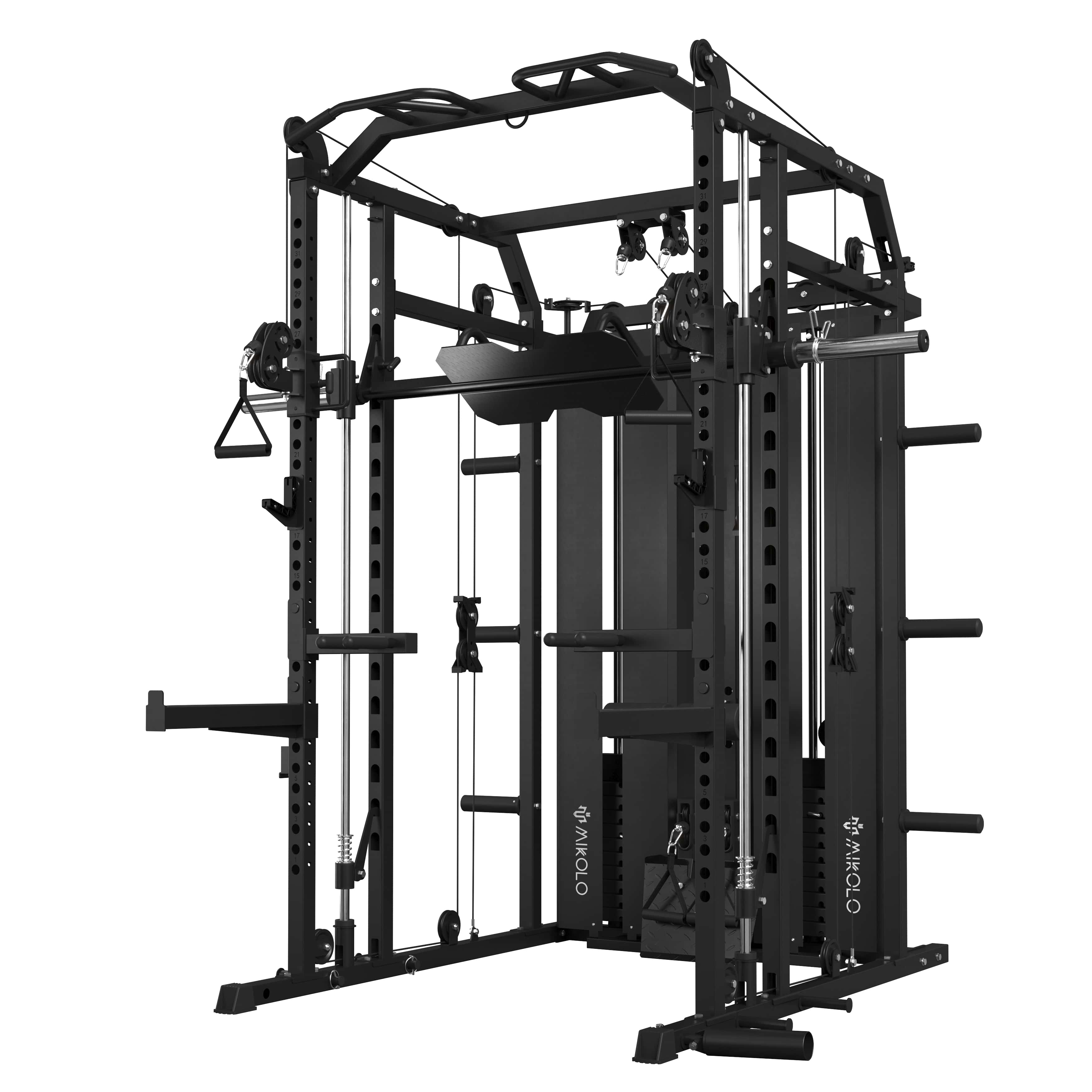In today’s fast-paced world, achieving optimal health and fitness can often feel like chasing a moving target. We hit the gym, download fitness apps, and follow the latest workout trends—but too often, we overlook the foundation of it all: nutrition health and fitness are not separate goals but interconnected pillars that support a strong, resilient body and a clear mind.
Understanding the Nutrition-Health-Fitness Triangle
At its core, nutrition health fitness is a framework that recognizes how closely your eating habits impact both your physical performance and your long-term well-being.
-
Nutrition provides the raw materials—macronutrients and micronutrients—that fuel every biological function.
-
Health is the outcome of consistent, balanced nourishment over time, reflected in energy levels, immunity, metabolic efficiency, and mental clarity.
-
Fitness is your body’s capacity to perform physical activity, whether it’s strength training, cardio endurance, or mobility—all of which are powered by your nutritional choices.
Ignoring one corner of this triangle weakens the whole structure. You can’t out-train a poor diet, and even the cleanest meal plan can’t compensate for a sedentary lifestyle.
The Role of Nutrition in Supporting Health and Fitness
1. Macronutrients: More Than Just Calories
Carbohydrates, proteins, and fats are the building blocks of your daily energy and recovery:
-
Carbohydrates replenish glycogen stores, especially after high-intensity workouts.
-
Proteins repair muscle fibers and support lean muscle growth.
-
Fats regulate hormones and aid in vitamin absorption—critical for joint health and recovery.
Balancing these macronutrients based on your activity level and goals is key to aligning nutrition for health fitness effectively.
2. Micronutrients and Hydration: The Unsung Heroes
Vitamins, minerals, and water play quieter but equally vital roles. Iron supports oxygen delivery, magnesium helps muscle function, and B vitamins contribute to energy metabolism. Staying hydrated prevents fatigue, supports digestion, and improves focus during workouts.
Many people focus on protein shakes and pre-workout powders, forgetting that deficiencies in potassium or vitamin D can derail progress and increase injury risk.
A Personal Wake-Up Call
Years ago, during a phase of intense training for a half-marathon, I prided myself on consistency and discipline. I hit every workout, followed a rigorous running plan, and felt invincible—until I wasn’t. A nagging fatigue turned into burnout. Lab tests revealed low iron levels and borderline B12 deficiency.
It wasn’t a lack of willpower—it was poor nutrition. I had focused so heavily on the “fitness” aspect that I neglected the foundation. That experience reshaped how I approach health. Now, whether I'm training for strength or just maintaining vitality, I prioritize nutrient-dense meals just as much as reps and recovery.
Creating a Sustainable Nutrition Plan
When designing a routine that honors both nutrition health and fitness, consider the following:
-
Eat whole, minimally processed foods: Focus on vegetables, fruits, whole grains, lean proteins, nuts, and seeds.
-
Fuel for performance, not just aesthetics: A meal that supports a clear mind and strong body often looks different from what popular diets may suggest.
-
Time your nutrition around activity: Pre- and post-workout meals can improve performance and recovery.
-
Be consistent, not perfect: Long-term habits beat short-term detoxes or extreme restrictions.
Tailoring Nutrition to Your Fitness Goals
Whether your goal is fat loss, muscle gain, or endurance, your nutritional approach will vary slightly:
-
For weight loss, aim for a modest calorie deficit while maintaining high protein intake to preserve lean mass.
-
For muscle gain, increase protein and overall caloric intake with a focus on strength training.
-
For endurance sports, emphasize complex carbs and electrolytes to maintain energy over time.
No matter your path, aligning your plan with your body’s needs ensures that nutrition for health fitness becomes a natural, empowering lifestyle—not a burden.
Final Thoughts
Investing in proper nutrition is not just about looking good—it’s about feeling energized, reducing your risk of disease, and performing at your best in everyday life. Nutrition health and fitness form the foundation of a resilient, thriving body. When you nourish your body wisely, everything else—strength, stamina, even mindset—begins to align.
If there’s one takeaway, it’s this: eat with intention, move with purpose, and rest with pride. You don’t need perfection—just a consistent commitment to yourself.









































Leave a comment
This site is protected by hCaptcha and the hCaptcha Privacy Policy and Terms of Service apply.